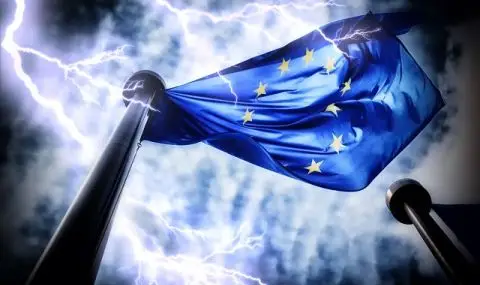Speaking at an event marking Poland's upcoming presidency of the EU Council on Wednesday, Pawel Karbovnik, Poland's deputy finance minister, stressed that "there is a risk that Donald Trump will withdraw from the $50 billion deal".< /p>
"We have a new president-elect and we're going to wait and take direction from the new commander-in-chief on all of that, so I don't expect any funding for Ukraine to come out right now,'' Johnson said.
After many months of negotiations, the G7 countries agreed in October to provide a $50 billion loan to Ukraine, which is structured to be repaid with interest earned on more than 200 billion euros of frozen Russian assets under Western control.
Under the agreement reached before the US election on November 5, Brussels and Washington are to contribute $20 billion each, with the UK, Canada and Japan contributing the rest.
While the U.S. initially expressed concern about the financial viability of the loan, the Biden administration eventually pledged to contribute $20 billion in an effort to get Trump to continue U.S. support for Ukraine.
Given the level of uncertainty, Karbovnik urged Trump to announce his intentions sooner rather than later to give the EU time to create a contingency plan.
If the worst-case scenario happens, Karbovnik added, "we will make provisions like the EU to ensure that $50 billion goes to Ukraine regardless of Trump.
European Commission President Ursula von der Leyen has previously signaled that the EU alone could provide up to €35 billion if the US is unable to commit to its share.
The EU has since indicated it may increase its funding for Ukraine, using the power of the bloc's seven-year €1.2 trillion budget as collateral.
However, Brussels cannot go beyond the year-end deadline to disburse the loan under its own budget rules.
Karbovnik said the final EU amount "will be decided by the end of the year".
